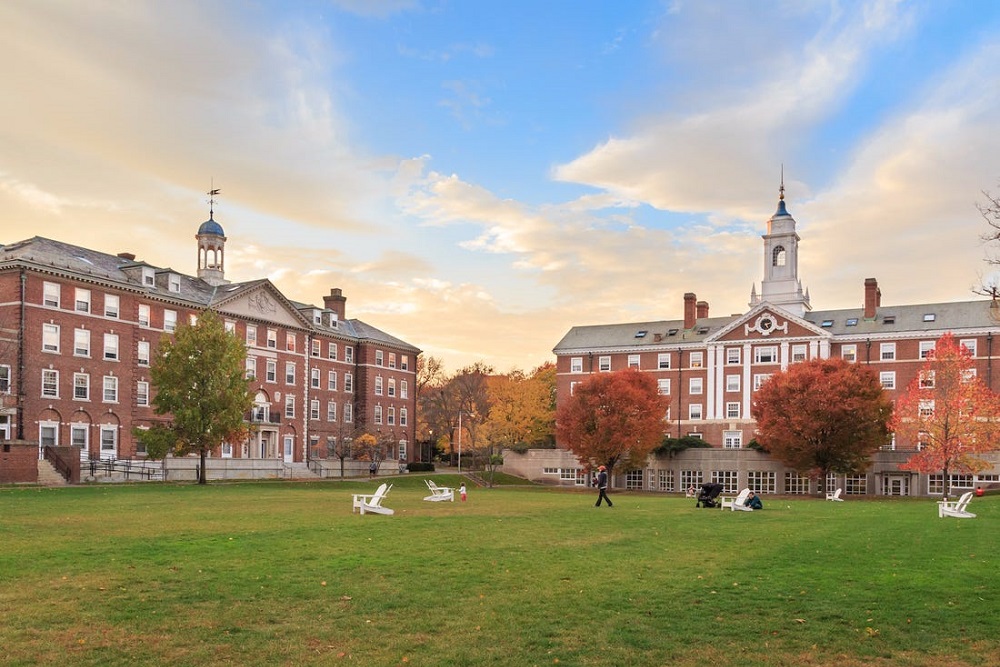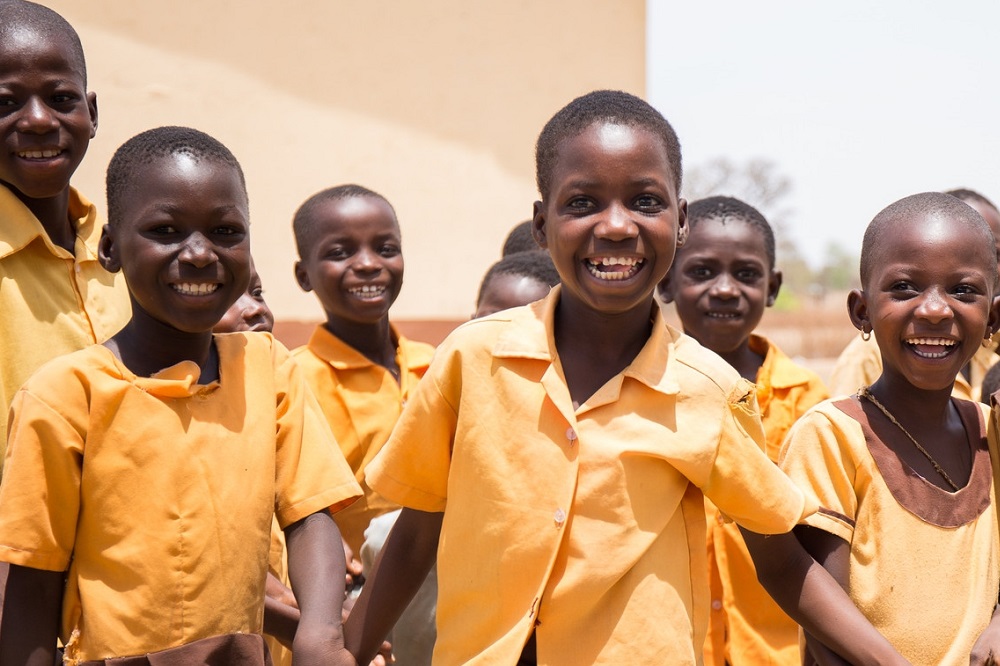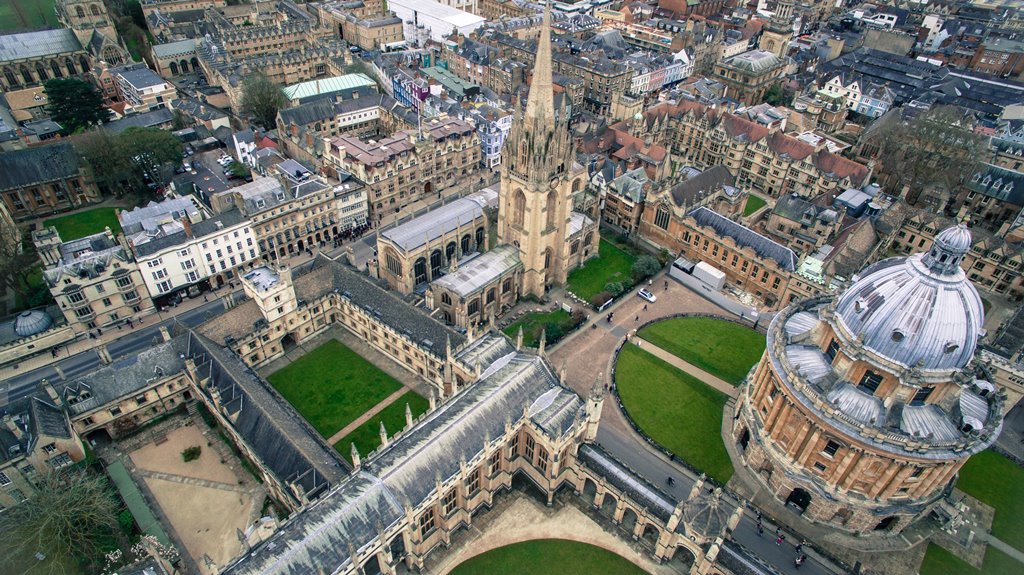New promises of reparations to atone for historical ties to slavery have opened new territory in a reckoning at American colleges, which until now have responded with monuments, building name changes, and public apologies.
Notably many American colleges and renowned universities have their campuses built by enslaved Africans,
Profits from slavery and related industries reportedly helped created funding for the likes of Harvard, Columbia, Princeton, and Yale as well as the University of Virginia.
Slavery was notably the most significant single financial asset in the entire US economy by 1860, nearly four million American slaves were worth some $3.5 billion.
To this end, historical investigations, American colleges commissions, conferences, and memorials have been held to come to terms with the historical reality.
American colleges reparations
Brown University was the first American college to confront its ties to slavery. In 2003, its president Ruth Simmons appointed a commission to investigate the connection.
She said:
What better way to teach our students about ethical conduct than to show ourselves to be open to the truth, and to tell the full story?
Georgetown university enables descendants of enslaved people to get admission as first-year students at the institution that owned their ancestors.
According to Craig Steven Wilder, a historian at MIT, the early benefactors who donated money to build Brown and Harvard made their fortunes from running slave ships to Africa and milling cotton from plantations in the American South.
He said:
Yale inherited a small slave plantation in Rhode Island that it used to fund its first graduate programs and its first scholarships. It aggressively sought out opportunities to benefit from the slave economies of New England and the broader Atlantic world.
Georgetown University and two other American colleges in that regard have funding commitments to benefit descendants of the enslaved people who were sold or toiled to help the institutions.
Experts reaction
University of Buffalo associate professor Keith Griffler, who specializes in African and African American studies, said he sees the cusp of a movement on college campuses.
William Darity, a Duke University public policy professor, said the voices of college students have helped bring attention to reparations in a way that hasn’t been seen since Reconstruction.
He, however, believes that this is a piecemeal approach to an issue he considers merits a congressional response.
According to a recent AP-NORC Center for Public Affairs Research poll, few American colleges support reparations, and only 29 percent of Americans say the government should pay cash reparations to descendants of enslaved black people.







